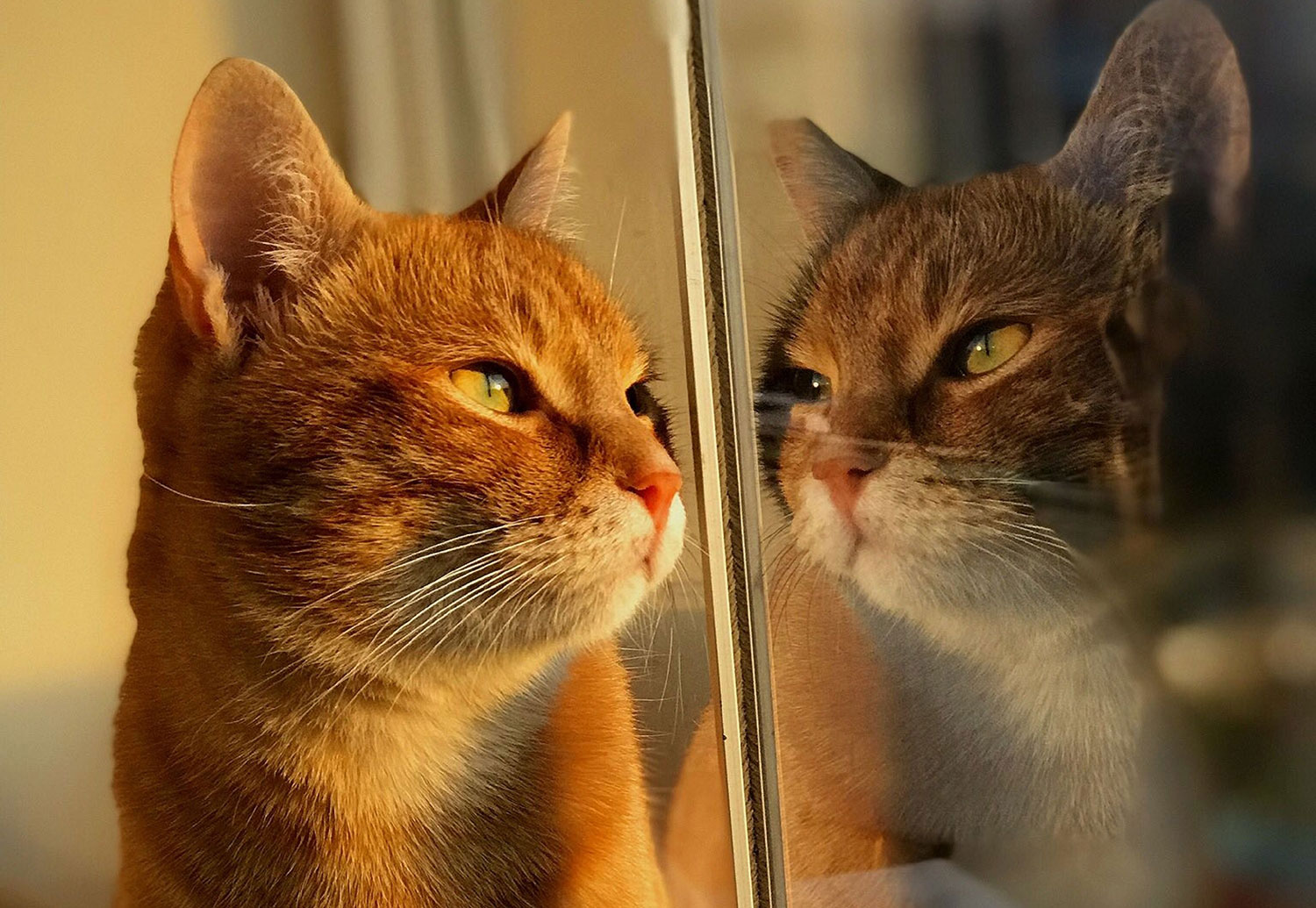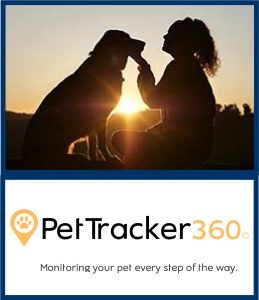
Grief experiences are as unique as people. The feelings of loss, following the death of a beloved pet, can be equal to or greater than the grief experience after losing a friend or loved one.
The skilled staff at Paws, Whiskers & Wags Pet Crematory in Atlanta, Covington, and Charlotte understands the hardships people endure after the loss of a pet. Paws, Whiskers & Wags offers monthly pet loss support group meetings in Atlanta and Charlotte to support community members experiencing pet loss bereavement.
Heather Kotler, a Licensed Clinical Social Worker, leads the online pet loss support group. Heather has extensive experience with grief and loss counseling, both through private practice and group therapy. She is currently the only therapist in the state of Georgia, who is certified through the Association for Pet Loss and Bereavement (APLB).
Paws, Whiskers & Wags spoke with Heather about the importance of pet loss support for those in mourning for a beloved pet.
Who is a Good Candidate for a Pet Loss Support Group?
According to Heather, any adult with bereavement issues associated with pet loss is a good candidate for the support group. Pet bereavement may encompass a number of different scenarios, most commonly a deceased pet. These feelings may also arise if a beloved pet has a terminal illness or is lost.
What is a Typical Pet Loss Support Group Meeting Like?
Pet loss support group meetings offer a structured, safe place for people to share their stories. One benefit of the group setting is that it helps people understand the universality of their experience; you are not alone in feeling grieved over the loss of your beloved pet. These group meetings normally consist of a group of at least 5-20 people.
After a brief check-in process, attendees are each given the opportunity to discuss their experience with pet loss. These stories are varied, based on experiences and the individual’s stage of grief. One important function of the support group is education. As people share their stories, the group moderator will offer advice for coping with loss and will help people create an informal treatment plan for dealing with their grief in between sessions.
How Long is the Typical Grieving Period for the Loss of a Pet?
Because no two grief experiences are alike, there is no way to predict how long someone’s grieving process will last. As Heather has observed, pet loss can often bring up other mental health issues that have not been faced previously, such as depression.
The APLB recommends an average of 1-2 pet loss support group sessions to help those who are experiencing pet loss bereavement. Some may require a year or more of individual counseling.
One helpful resource that Paws, Whiskers & Wags recommends is the Pet Loss online chat room available through the APLB. These chat rooms are supervised and moderated by certified pet loss bereavement therapists, and provide an easy way for people to connect with others who are going through similar experiences.
Why Do Humans Form Such Enduring Bonds With Their Pets?
As Heather notes, our pets give us unconditional love. They are always present and they never judge us. This type of relationship is often difficult to form with another human and people are understandably devastated when that relationship is lost. Our pets often become our best friends, our closest companions through hard times and our confidants. It is perfectly normal to feel bereft after the loss of a beloved pet, as they are an integral part of our lives.
Attend a Pet Loss Support Group Meeting in Atlanta or Charlotte
If you are experiencing pet loss bereavement, we hope you will join us at the next Pet Loss Support Group meeting facilitated by Paws, Whiskers & Wags on the first and third Tuesday of every month.

